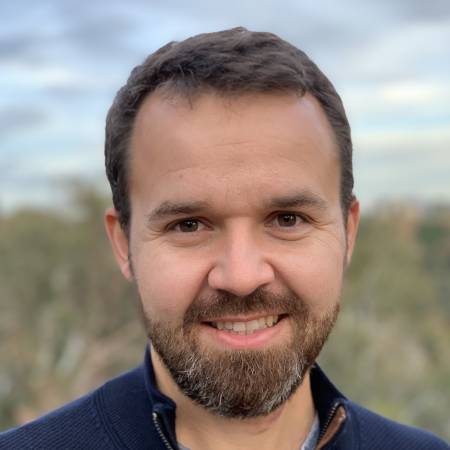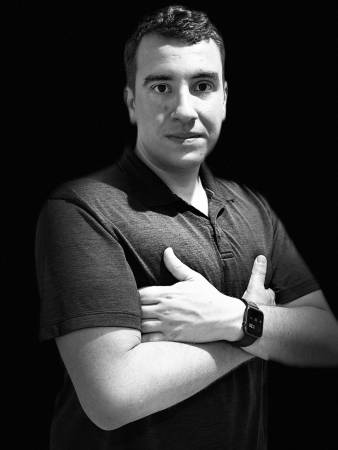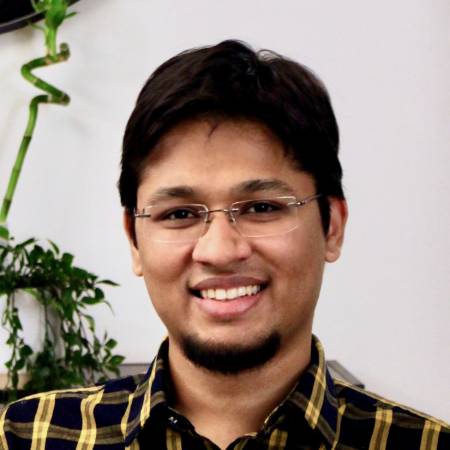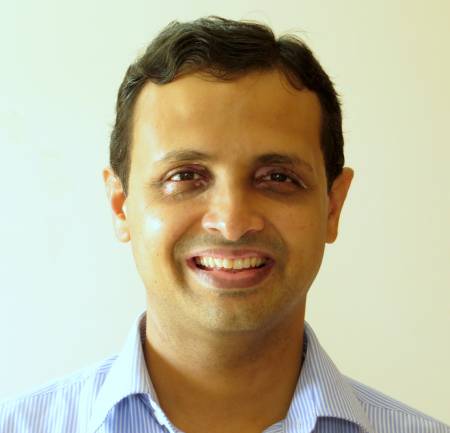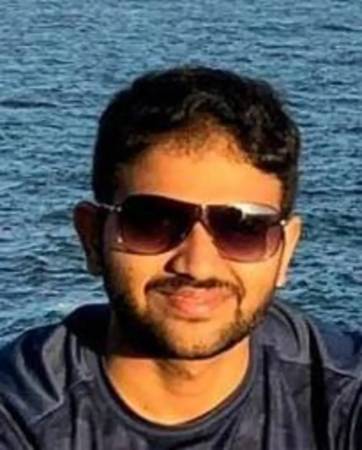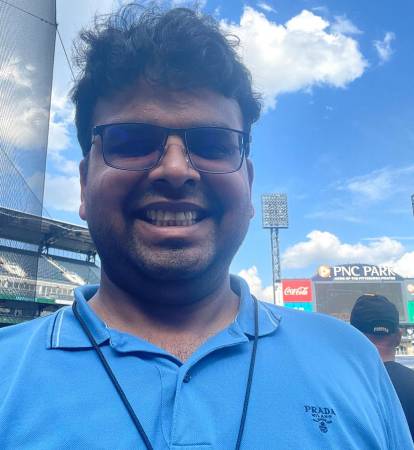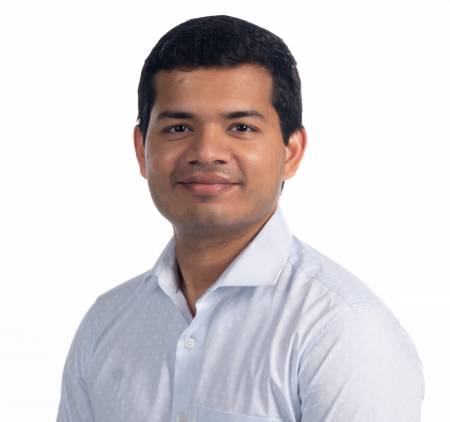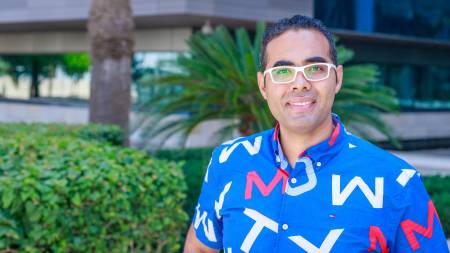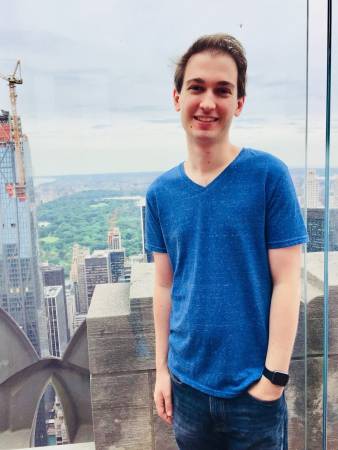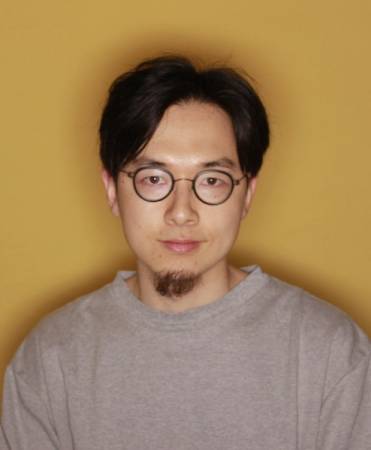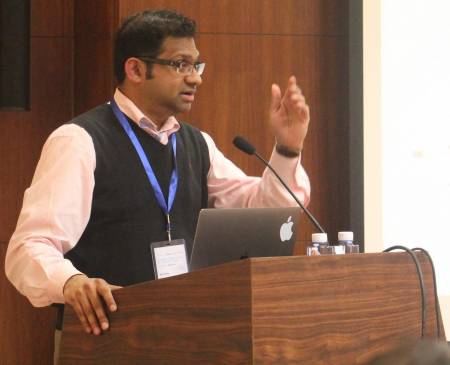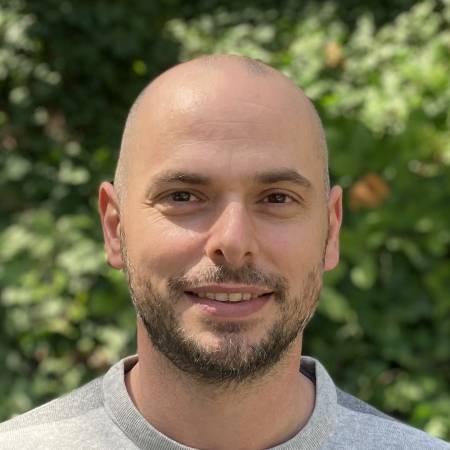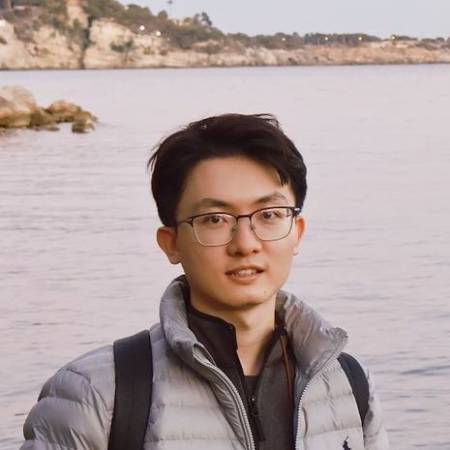VASC Seminar
Generative and Animatable Radiance Fields
Abstract: Generating and transforming content requires both creativity and skill. Creativity defines what is being created and why, while skill answers the question of how. While creativity is believed to be abundant, skill can often be a barrier to creativity. In our team, we aim to substantially reduce this barrier. Recent Generative AI methods have simplified the problem for 2D [...]
Generative modeling: from 3D scenes to fields and manifold
Abstract: In this keynote talk, we delve into some of our progress on generative models that are able to capture the distribution of intricate and realistic 3D scenes and fields. We explore a formulation of generative modeling that optimizes latent representations for disentangling radiance fields and camera poses, enabling both unconditional and conditional generation of 3D [...]
Estimating Robustness using Proxies
ABSTRACT: This talk covers some of our recent explorations on estimating the robustness of black-box machine learning models across data subpopulations. In other words, if a trained model is uniformly accurate across different types of inputs, or if there are significant performance disparities affecting the different subpopulations. Measuring such a characteristic is fairly straightforward if [...]
Latent-NeRF for Shape-Guided Generation of 3D Shapes and Textures
Abstract: In this talk, I will focus on presenting my recent work which will be presented at CVPR in less than two months. Text-guided image generation has progressed rapidly in recent years, inspiring major breakthroughs in text-guided shape generation. Recently, it has been shown that using score distillation, one can successfully text-guide a NeRF model to [...]
Navigating to Objects in the Real World
Abstract: Semantic navigation is necessary to deploy mobile robots in uncontrolled environments like our homes, schools, and hospitals. Many learning-based approaches have been proposed in response to the lack of semantic understanding of the classical pipeline for spatial navigation, which builds a geometric map using depth sensors and plans to reach point goals. Broadly, end-to-end [...]
Going Beyond Continual Learning: Towards Organic Lifelong Learning
Abstract: Supervised learning, the harbinger of machine learning over the last decade, has had tremendous impact across application domains in recent years. However, the notion of a static trained machine learning model is becoming increasingly limiting, as these models are deployed in changing and evolving environments. Among a few related settings, continual learning has gained significant [...]
Predictive Scene Representations for Embodied Visual Search
Abstract: My research advances embodied AI by developing large-scale datasets and state-of-the-art algorithms. In my talk, I will specifically focus on the embodied visual search problem, which aims to enable intelligent search for robots and augmented reality (AR) assistants. Embodied visual search manifests as the visual navigation problem in robotics, where a mobile agent must efficiently navigate [...]
Generating Beautiful Pixels
Abstract: In this talk, I will present three experiments that use low-level image statistics to generate high-resolution detailed outputs. In the first experiment, I will use 2D pixels to efficiently mine hard examples for better learning. Simply biasing ray sampling towards hard ray examples enables learning of neural fields with more accurate high-frequency detail in less [...]
Towards Reliable Computer Vision Systems
Abstract: The real world has infinite visual variation – across viewpoints, time, space, and curation. As deep visual models become ubiquitous in high-stakes applications, their ability to generalize across such variation becomes increasingly important. In this talk, I will present opportunities to improve such generalization at different stages of the ML lifecycle: first, I will [...]
Vision without labels
Abstract: Deep learning has revolutionized all aspects of computer vision, but its successes have come from supervised learning at scale: large models trained on ever larger labeled datasets. However this reliance on labels makes these systems fragile when it comes to new scenarios or new tasks where labels are unavailable. This is in stark contrast to [...]
Large Multimodal (Vision-Language) Models for Image Generation and Understanding
Abstract: Large Language Models and Large Vision Models, also known as Foundation Models, have led to unprecedented advances in language understanding, visual understanding, and AI. In particular, many computer vision problems including image classification, object detection, and image generation have benefited from the capabilities of such models trained on internet-scale text and visual data. In [...]
Imaginative Vision Language Models: Towards human-level imaginative AI skills transforming species discovery, content creation, self-driving cars, and emotional health
Abstract: Most existing AI learning methods can be categorized into supervised, semi-supervised, and unsupervised methods. These approaches rely on defining empirical risks or losses on the provided labeled and/or unlabeled data. Beyond extracting learning signals from labeled/unlabeled training data, we will reflect in this talk on a class of methods that can learn beyond the vocabulary [...]
World Knowledge in the Time of Large Models
Abstract: This talk will discuss the massive shift that has come about in the vision and ML community as a result of the large pre-trained language and language and vision models such as Flamingo, GPT-4, and other models. We begin by looking at the work on knowledge-based systems in CV and robotics before the large model [...]
Digital Human Modeling with Light
Abstract: Leveraging light in various ways, we can observe and model physical phenomena or states which may not be possible to observe otherwise. In this talk, I will introduce our recent exploration on digital human modeling with different types of light. First, I will present our recent work on the modeling of relightable human heads, [...]
Dynamic 3D Gaussians: Tracking by Persistent Dynamic View Synthesis
Abstract: We present a method that simultaneously addresses the tasks of dynamic scene novel-view synthesis and six degree-of-freedom (6-DOF) tracking of all dense scene elements. We follow an analysis-by-synthesis framework, inspired by recent work that models scenes as a collection of 3D Gaussians which are optimized to reconstruct input images via differentiable rendering. To model [...]
Biometrics in a Deep Learning World
Abstract: Biometrics is the science of recognizing individuals based on their physical and behavioral attributes such as fingerprints, face, iris, voice and gait. The past decade has witnessed tremendous progress in this field, including the deployment of biometric solutions in diverse applications such as border security, national ID cards, amusement parks, access control, and smartphones. [...]
Neural World Models
Abstract: Computer vision researchers have pushed the limits of performance in perception tasks involving natural images to near saturation. With self-supervised inference driven by recent advancements in generative modeling, it can be debated that the era of large image models is coming to a close, ushering in an era focused on video. However, it's worth [...]
Reconstructing 3D Humans from Visual Data
Abstract: Abstract: Understanding humans in visual content is fundamental for numerous computer vision applications. Extensive research has been conducted in the field of human pose estimation (HPE) to accurately locate joints and construct body representations from images and videos. Expanding on HPE, human mesh recovery (HMR) addresses the more complex task of estimating the 3D pose [...]
Towards Energy-Efficient Techniques and Applications for Universal AI Implementation
Abstract: The rapid advancement of large-scale language and vision models has significantly propelled the AI domain. We now see AI enriching everyday life in numerous ways – from community and shared virtual reality experiences to autonomous vehicles, healthcare innovations, and accessibility technologies, among others. Central to these developments is the real-time implementation of high-quality deep [...]
